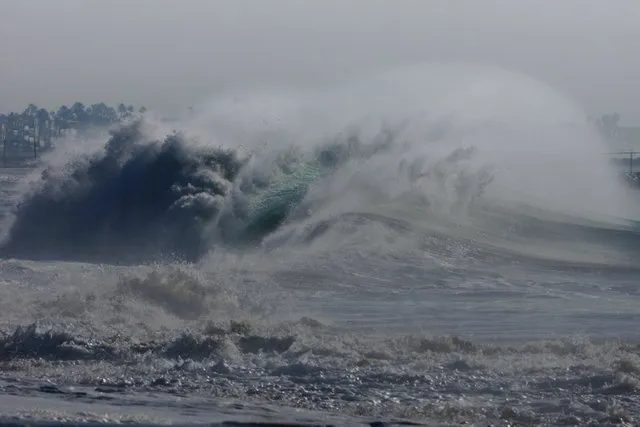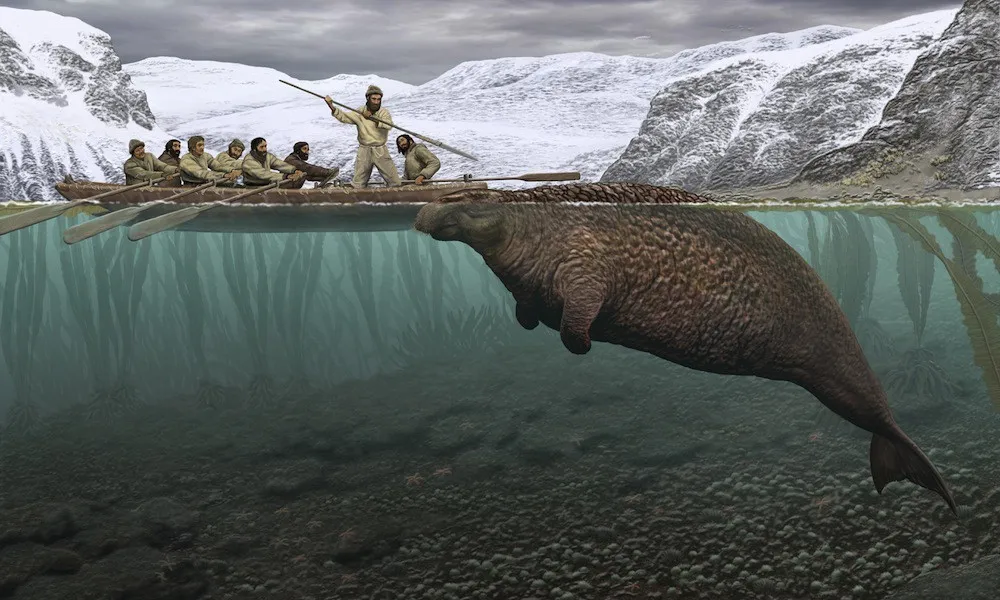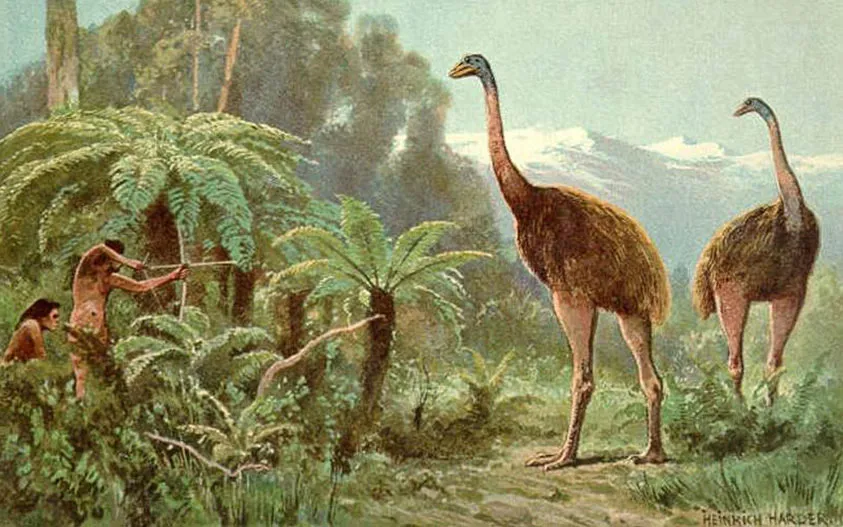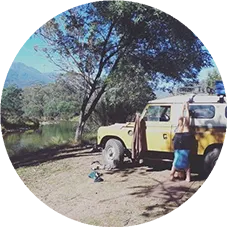When grief takes hold, or uncertainty, or anger, or the sudden storm when lightening strikes and sets the forests alight, we resist what is, rail against it with tooth and claw and heart and lungs that scream into the void and wonder: what has conspired against us so that this is so? What is this thing that is
unexpected
random
not bargained for
unanticipated
unforeseen
unprepared for
What God or mischievous spirit has upended our universe as if to make mockery of us? In David Malouf's 'Ransom', a retelling of the Iliad, Priam grieves over his slaughtered son, on his knees in the dust of earth and wonders if the Gods had set him up just to fall back down into mortal life. Upon talking to the goddess Iris, he begins to understand whilst many things appear set in stone, he also lives in a world that is subject to the laws of chance, which allows him to step down from his role as king and travel to the Greek camp and ask the brute Achilles for the body of his son back.
Humanity asks this question often: is nature (the world, the universe, and everything in it) random and chaotic, or is it ordered, following a pre-determined pattern or rules of causality (some would say God, for example, causes all things, even if they are apparent random)?
We know the one thing we can expect with any certainty is impermanence - nothing stays, yet we still feel a sense of suprise and wonder when the seasons change, and grief and despair when those we love die, falling subject to the same rules of death and decay that the animals and plants obey. Robert Frost reminds us of the beauty and joy that might be found within this rule of impermanence in his poem 'Nothing Gold Can Stay':
Nature’s first green is gold,
Her hardest hue to hold.
Her early leaf’s a flower;
But only so an hour.
Then leaf subsides to leaf.
So Eden sank to grief,
So dawn goes down to day.
Nothing gold can stay.
Like the seasons and the passing of a day, this is an ordered, expected pattern that rules our lives down to the very personal - the birth of a child, the death of a parent, the birth of a grandchild - and further into the wider world too, where we imagine our grandchildren enjoying the planet in the same way we did as children. When things happen that fall outside of that expected natural pattern, we find it difficult to cope: a sister 'should' not die before she is old and ready for it, a father 'should not' die before we are ready to let them go or if they are too young and health yet to succumb to the going down of day, a kind of eco-grief as we lament the dying of the natural world at the mercy of human variables that pull it apart piece by piece.
How we rage against the dying of the light, even though we know the dusk is coming, and are warned to appreciate what we have in the now:
Wild men who caught and sang the sun in flight, And learn, too late, they grieved it on its way, Do not go gentle into that good night. Dylan ThomasWe can rage all we like, however, but there is a limit to how much man can control nature - in fact, we seem much better at unwittingly creating chaos than we are at restoring natural order.

Chaos or order? Image by @rossfletcher
droplets of water hit sharp rocks and splinter into patterns
the flow of water down a river slides over rocks in unpredictable ways
raindrops hit the windowpanes late at night
stars fall from the sky
shapes form in errant cloud patterns
we are caught in unexpected riptides
tree branches lattice
the crowds riot
a car leaves the road, plow into pedestrians
cancer cells form, suddenly, randomly
the bomb dropped upon the village
the populations of native animals extinct, unable to cope with the variables
Partly, the randomness appears random because we expect neat lines of cause and effect. One event leads to another and so on. However, within lies multitudes of cause and effect which we may struggle to see initially and may take teams of scientists to unravel, if they can at all. The death of a species may be because a group of humans shot every one on sight (linear) or it might be due to weather on the other side of the world, pollution, the increase of apex predators or other interrelationships (non-linear). Non linear can appear random and chaotic.
As I contemplated this paradox of chaos and randomness in nature versus predictability, constancy and order, mind keeps returning to the one persistent thought: that man is the disruptor of this law of natural order and apparent chaos. Look, for example, how war disrupts the natural order of life and death, causing the speaker to feel a sense of nihilism as he contemplates how the sun once woke his friend, but now cannot. The linear patterns he expected now seem chaotic because there are too many interrelationships that throws things off balance: artillery, the cold winter at the Western Front, the generals who send men to the frontlines to satisfy pride, the propagandists that compel young men toward adventure:
Gently its touch awoke him once,
At home, whispering of fields half-sown.
Always it woke him, even in France,
Until this morning and this snow.
If anything might rouse him now
The kind old sun will know.
Think how it wakes the seeds—
Woke once the clays of a cold star.
Are limbs, so dear-achieved, are sides
Full-nerved, still warm, too hard to stir?
Was it for this the clay grew tall?
—O what made fatuous sunbeams toil
To break earth's sleep at all?
The sun wakes the boy to plant the fields: this we know. The dawn goes down to day, because nothing gold can stay. But sometimes man is so disruptive that the natural order is usurped so violently that we can only despair. Even if there was a deterministic God who orders the universe, we can't fathom why he'd do this. A case in point for such loss of faith during war - why would God create such chaos? It is man that is to blame.

Stellar's Sea Cow, now extinct: man is fabulous at disrupting natural order
Biodiversity is one environmental example. The more biodiverse a system is, the more resilience it has because there are more feedback loops to adjust the system. When man makes even seemingly small changes, the effects across time are felt keenly and this is something we may not have been able to predict. Things escalate - something that happened thirty years ago might now be the cause of something which appears random now. I have a problem with 'unpredicatable' weather as a result of climate change - this is more a predicatable outcome that is a result of a series of linear and non linear events - order and chaos - that has led to the current state of affairs.
The world is increasing chaotic because the usual order of things has had too many variables thrown at it to be resilient - there can be little self correction if the variables are coming thick and fast. Nature cannot correct against the population increase in the way it is currrently managed, increased pollution from increased industry and so on. We are reaching peak entropy where the entire system collapses or we become smart enough to take measures to correct it, knowing about chaos theories in the way we do because human consciousness has evolved to this point - we get it. We know. We are no longer the humans who arrived on a remote island in the 13 century that manages to kill of an entire population of flightless birds within two hundred years. We know systems - whole theories are built around them.

New Zealand's giant Moa - a natural evolution of thousands of year disrupted by Polynesian settlers - a variable that had a devastating effect on an ordered natural system. Read More
And thus, as I consider order and chaos in nature, I think about what we do to healsystems as much as disrupt them. The sheer number of variables - species, local climate and terrain, extreme weather events - make it hard to predict whether what we do will have a certain effect. It's costly, and it's uncertain, but targeted inverventions that are well considered of cause and effect are imperative to protect and preserve ecosystems that are on the brink of collapse. We might not understand fully what the long term effects of these changes might be just as we cannot fully predict the weather, but if we value these systems, we must do something, because to do nothing is worse.
Like Priam, we must take a chance, because that can set in motion a chain of events that can quite possibly save us all from the chaos the world has become.
Posted from my blog with SteemPress : http://www.riverflowings.com/?p=329



